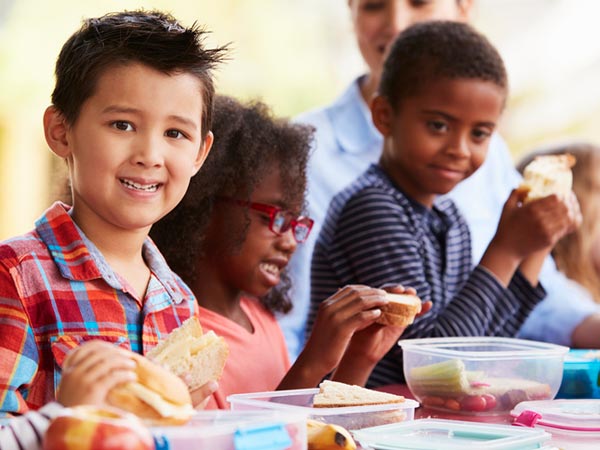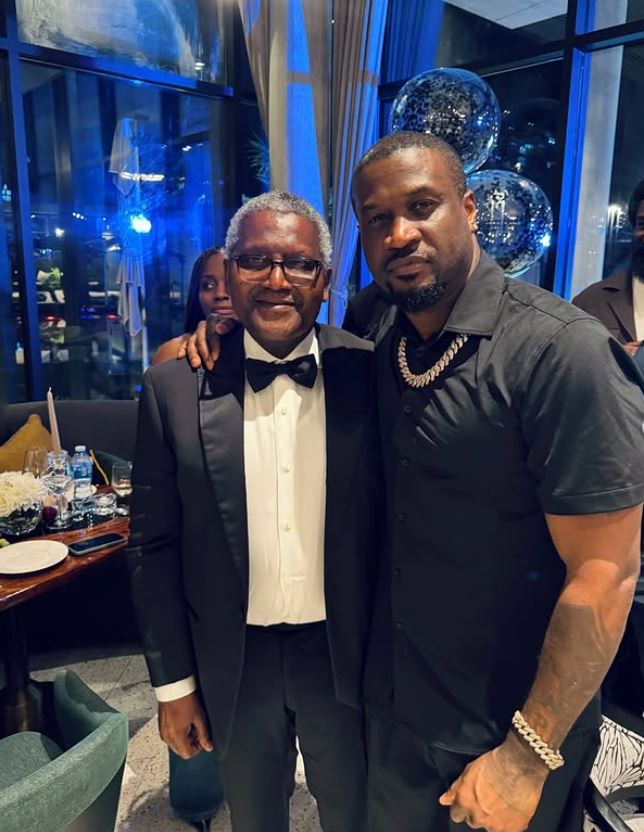Peer pressure is a phenomenon everybody has to deal with – even adults. But the effects of peer pressure is more pronounced in kids, who are still at the formative stage of development and are therefore more impressionable.
Ordinarily, peers – age mates, classmates and friends – will influence your kid, even without realising it, just by spending time with them. It is only human nature to listen to, and learn from other people in one’s age group. Although such influence could be positive, most times peers influence one another in negative ways. For example, a few kids in school might try to get your child to stay out of class with them, a kid in the neighbourhood might want your son to shoplift with him, or some ‘bad boys’ might try to get your kid to join a secret cult.
Your kids’ ability to handle peer pressure goes a long way to determine their future. Kids who give in to peer pressure are more likely to indulge in social vices, and such kids are most likely to make mistakes along the way. On the other hand, the kids that are able to handle peer pressure have greater chances of turning out to be well-rounded individuals, and as a result, will have better chances of succeeding in life.
The good thing is, as parents, you can help your kids to handle peer pressure. But in order to do this effectively, you have to understand why some kids give in to peer pressure.
Some kids give in to peer pressure because they want to be liked, to fit in, or because they worry that other kids might make fun of them if they don’t go along with the group. Others go along because they are curious to try something new that others are doing. The idea that everyone is doing it can influence some kids to leave their better judgment, or their common sense, behind.
Below are some ways parents can help their kids to handle peer pressure-
Teach your kids
A seasoned psychologist, Professor Oni Fagboungbe, observed that “children are supposed to be trained”, and in doing so, parents should lay a sound moral foundation for their children. Besides imbibing sound morals and values in your children, as a parent, you should also teach your child the power of self-confidence. Remind your child about the importance of believing in oneself and having the courage to follow one’s own personal beliefs, likes and dislikes, even if that means not always following what the majority of others are saying or doing.
Monitor the company your kids keep
To be able to help your kids handle peer pressure, it is imperative that, as a parent, you must pay close attention to your children. By paying close attention to your children, you will be able to know the type of company your kids keep. Fagboungbe stressed the importance of a close observation of kids by parents.
“The company you keep determines what accompanies you. Parents should regulate the company their kids keep. Unfortunately, these days, because of economic factors, parents are no longer taking adequate care of their children,” he said.
In order to effectively monitor the company your kids keep, you should encourage your children to invite their friends over. If you can, get to know the friend’s parents and get some idea of their values, beliefs, and convictions. You can get to know another family by picking up their child when they are invited to your house or offering to take them home.
Be observant
By always observing the appearance and conduct of your kids, you will be able to know when a child has picked up new traits from peers. If you see subtle changes in child’s way of dressing or appearance, find out what is behind it. But you must handle all this carefully, because if you are overly controlling, you can drive your child away from you and directly to the relationships that you are worried about. Ultimately, as your child grows older, he will choose his friends on his own. But these earlier times of teaching can influence the choice of friends he will make. Parents should manage the affairs of their kids, especially during the formative stage, according to Fagboungbe. “Every parent should deliberately manage the affairs of their children,” he said.
Don’t relinquish your right to influence and even control your child’s relationships
You are the parent. Realise that maintaining control of those who influence your children is within the bounds of your authority and responsibility before God. As friendships take shape, steer your children in the direction of positive peer pressure and away from negative influences. Make it difficult for your children to spend time with friends who do not provide the kind of influence you desire. Like Fagboungbe observed, an innocent child would be corrupted by bad friends, so, as parents, try as much as possible to keep your child away from negative influences.
Boost their self confidence
Most kids who are easily influenced by their peers lack confidence and self esteem. They think that they cannot take good decisions for themselves so they leave all their decisions to their peers. Quite often, they are not confident enough to tell friends what they like or what they want in life. Parents can play an important role in this regard. You must boost the self confidence of your kids, especially teens, by encouraging them to take decisions for themselves. For example, next time you go to the shop, ask your kid to select a dress or shoes for himself instead of imposing your decision. Give him confidence so that he is able to think for himself. This will enable him to insist on his convictions, even when he is with his peers.
Talk about your kid’s preferences and dislikes
Parents must find out what their kids like, and encourage them to make choices according to their preferences, particularly when those preferences are proper. This will make them feel confident and independent. If your kid likes to have a certain hairstyle, then let him have it. This practice will give teens the courage to do what they like instead of being dictated to by others.
Develop decision making skills in them
Parents should, sometimes, leave day-to-day decisions to their kids instead of taking every single decision for them. Stop telling the kids things like what to do, when to do it, and how to do it. Let them learn by taking decisions themselves. If you want them to be independent and confident, then do not impose anything on them.
Show love to your kids
Parents should always show love to their kids. The world is often a hostile environment for children; therefore, the family must be that safe haven for them. No matter what the world says to them, they should know they can find love at home. Children need to be needed at home. They long for approval, sense of belonging, significance, order, and security. If they do not receive these things at home, they will seek them elsewhere and from other people, a situation which will put them at risk of peer pressure. The feeling of emotional security and love which your kid experiences at home is enough to help him to deal with peer pressure.
Encourage your children to trust in God
Parents should teach their children to believe God, trust Him, base their convictions upon His Word, and obey Him with their entire heart. For many children, peer pressure is an important test of faith, especially when they are encouraged by friends to do something that is not right.
Show good examples
Parents should, above all, show good examples to their kids. As children grow up, they learn and imbibe values, and parents are the primary source of such education. According to Fagboungbe, the environment is integral to how a child’s character is formed.
“Environment plays a very major role in forming the character of children,” he said, adding that the home is the basic environment for kids that are growing up. As a result, parents should endeavor to teach their kids at home by providing good example.
“The government and teachers can only do little. Teachers can only manage the kids for a few hours within the school environment. Government can play a role by creating awareness and sensitising people to the dangers of societal ills but the major role is with the parents,” Fagboungbe said.





















